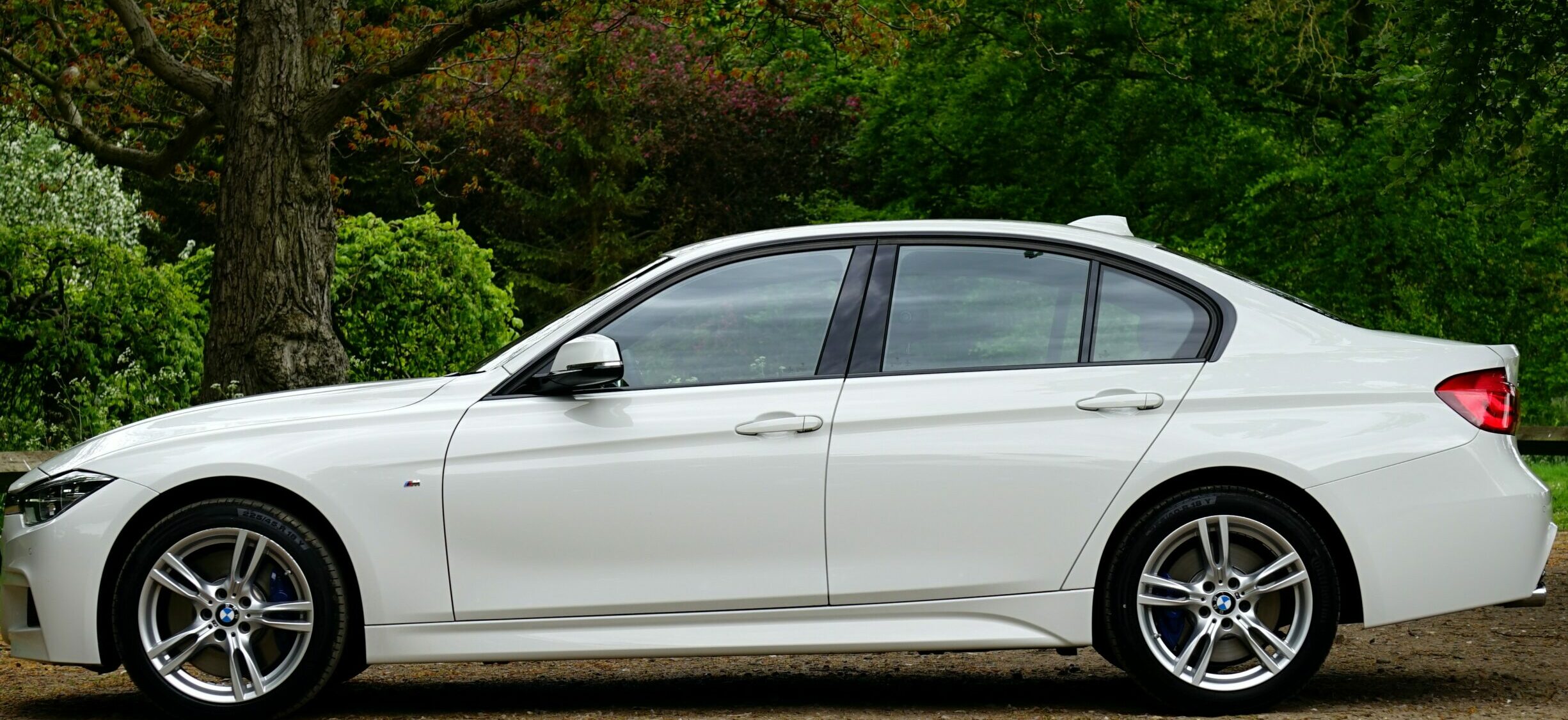There’s no doubt that buying a car with accident history can be a bit of a gamble. But is it always a bad idea? And how do you go about assessing the risk? Let’s take a closer look at the pros and cons of buying a car with accident history and whether or not it’s a good idea for you.
Is it bad to buy a car with an accident history?
Any time you buy a used car, you’re taking a bit of a risk.
Unless you buy from a certified dealership that has decent records, it can be difficult to know exactly what you’re getting. For this reason, many people are hesitant to purchase a car with a history of accidents (even if it’s been fully repaired). However, before you rule out a car simply because it’s been in an accident or two, there are a few things to consider.
First, it’s important to get an accurate assessment of the damage. If the car has undergone major repairs (such as having the frame realigned), it may actually be stronger than a similar car that hasn’t been in an accident. Second, keep in mind that cars with accident histories often sell for less than their non-accident counterparts, so you may be able to get a good deal on a potentially reliable vehicle.
Ultimately, whether or not it’s “bad” to buy a car with an accident history depends on the individual circumstances of the vehicle in question.
Pro Tip: Consider your environment and understand that where you live is a factor. For example, if you are in the Dallas area, you are most likley going to have dings, dents, and bumper marks regardless (the hail alone can do a large amount of damage). In this case, why do you need a perfect car history? If you’re seeking a car with a perfect history, you’re likely wanting to maintain its value (which means a used car may not be in your best interest).
When is it okay to buy a car with an accident history?
Many people are hesitant to buy a used car that has been in an accident, but there are certain circumstances when it may be the best option.
One factor to consider is the severity of the accident. If it was a minor fender bender, then the damage is likely to be cosmetic. This likely won’t affect the safety or performance of the vehicle.
Another factor to consider is the repair history of the car. If it was repaired at a reputable shop using high-quality parts, then there is no reason to believe that it won’t be as reliable as a car that has never been in an accident.
Finally, it’s important to get a thorough inspection from a qualified mechanic before making a purchase. With all of these factors considered, buying a used car that has been in an accident can be a smart and savvy decision.
Pro Tip: Cost savings can be appealing. However, keep in mind that if you plan to get an auto loan, most banks will deny rebuilt titles. That being said, if a loan isn’t necessary, then you can definitely take advantage of the cost savings that a car with accident history can provide for you (especially if it’s just a standard car for commuting locally).
How can you find out if a car has been in an accident?
If you’re considering buying a used car, it’s important to do your research to see whether or not the car has been in an accident. There are a few different ways to go about this.
First, you can check the vehicle history report. This should show any accidents that have been reported to the Department of Motor Vehicles. As an added benefit, if you get the report and it does show an accident, the report will provide you with some much-needed ammo to talk the seller down on price.
You can also inspect the car for physical damage, such as dents, scratches, or mismatched paint colors. As another (less reliable) option, you can simply ask the seller if they have any documentation of past accidents.
By taking these steps, you can help ensure that you’re making a wise decision when purchasing a used car.
Pro Tip: If the owner has had the car for a while (post accident), then it’s likely an okay car to purchase. On the other hand, it’s probably best to stay away from cars that were recently fixed (you don’t want to be the test dummy). A more appealing scenario is if the car wasn’t fixed recently, there is some documentation to back that up, and the current owner is just looking for an upgrade. This is often evidence that the car is operable and has been for some time.
How do you find a vehicle’s accident history report?
A vehicle history report (VHR) can tell you if the car has been in any accidents, whether it’s been recalled, and what work has been done on it.
You can get a VHR from a number of sources, including the car’s dealer or manufacturer, or online from companies like Carfax and AutoCheck. The report will likely cost you around $40, but it’s worth the peace of mind to know that you’re making a sound investment. With a VHR in hand, you can make an informed decision about whether or not to buy a particular used car.
If you’re looking for a less expensive option, check out our vin number lookup which can provide you with your vehicle’s accident history (if available). The report only costs $5, and you can get it within 24 to 48 hours.
Get your report.


